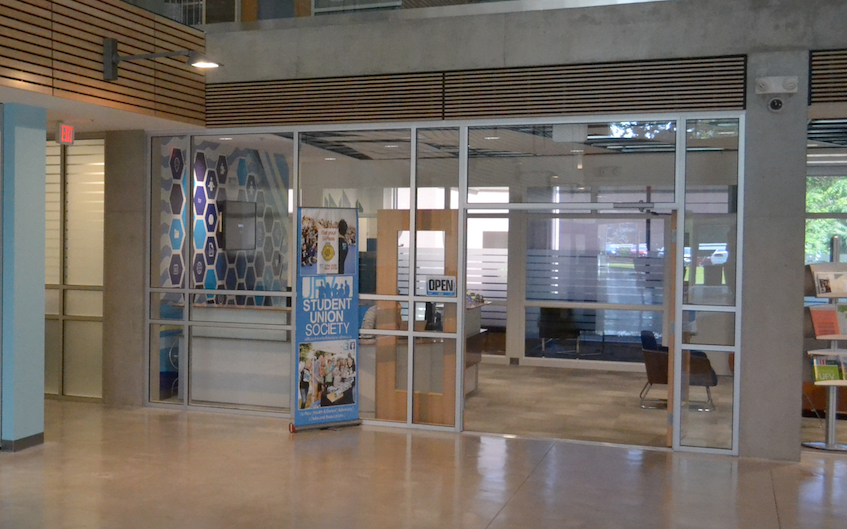The Student Union Society (SUS) hosted a series of focus groups earlier this month to ask student opinions on issues related to budget and programs offered by SUS.
Gurvir Gill, Student Union president, said the idea came after the Feb. 8 Extraordinary General Meeting (EGM). Some students who attended the meeting expressed irritation over what they described as the misleading nature of the advertising campaign for the EGM, claiming the campaign indicated that the EGM would be a time for open discussion on SUS-related topics.
“The main purpose [of the focus groups] was to give students at the EGM, or students that weren’t there, additional time to ask us questions, and to understand the workings [of SUS] more,” Gill said.
“I felt like there were students that didn’t get to say their piece, and ask the questions that they wanted to ask because question period was near the end.”
The sessions were designed to bring together a small group of 10 or less students in a boardroom to give their opinions on a variety of topics to SUS executives. Gill said the idea of the small groups was to allow students to ask questions they may not have asked in a larger, general meeting style setup.
Six sessions in total were held, four at the Abbotsford campus, and two at the Chilliwack campus. Two sessions in Abbotsford were meant to cover the topics of the UPASS, the shuttle bus, and FixIT, a free technical support service for students, and the other two sessions were meant to cover the health and dental programs. Both Chilliwack sessions were for all topics.
Gill said a total of around 10 students showed up to the six sessions that were offered.
“It could have been better, but it’s better than nothing, as we’ve never done this before,” Gill said. “We had maybe two or three people per session.”
While the sessions were originally intended to focus on gaining feedback on the advertised topics, Gill said students ended up just wanting to talk about the organization in general, and what SUS had been working on this year.
“I know each session had a focus, but realistically, we just wanted to hear the students’ concerns, and their voices, and their opinions,” Gill said.
“I think every student that came in, even if there was a concern or definitely someone more passionate about a certain issue or program that we offer, left happy, and I think that was another goal too… The organization, we’re trying to fix it, and we’re trying to start anew, and get it off the ground. And students understand that.”
Gill said that he hoped this sort of open communication with students would continue on a more regular basis in the future, in similar meetings rebranded as a town hall or open house that would be open to any questions students may have. SUS does have monthly public meetings with a question period, but Gill said that the smaller groups were also valuable.

